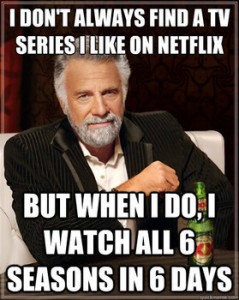A couple of years ago, in the midst of midterms and high anxiety, I ranted to a friend about how stressed I was for my exams. My friend quickly suggested I listen to recordings of the vocabulary words and information I needed to know while I was sleeping. Naturally, I assumed she was joking, because I never heard of such a thing, and didn’t think much of her suggestion. For some reason though, whenever I am stressed about a test, I always think back to her suggestion. Can listening to information while asleep really help me learn it? It seemed too good to be true, so I decided to finally research more about it.
According to a recent study, 16 participants were taught how to play two songs on a keyboard. After the participants learned the two songs, they were then put into a dark room, where they took an hour and a half long nap. During the participant’s deepest part of sleep, they were played only one of the songs they learned on repeat. After their naps, the participants were then asked to play both songs. Notably, the participants performed better on the song that was played for them while sleeping, than the song that wasn’t played for them. As a psychologist at Northwestern noted, it is important to note though, that this study found that your memory can be strengthened while sleeping, and did not test if you are able to learn new information while asleep (Stromberg 2012).
Although the previous study did not test if new information can be memorized during sleep, a study conducted by Swiss researchers did test this. This study consisted of two groups of Germans who were all given Dutch vocabulary words to memorize. One group was then told to go to sleep, and the other to stay awake. Over the next 4 hours, the participants in both of the groups listened to audio of the vocabulary words they were given, plus new vocabulary they were not previously exposed to. After the 4 hours were up, the participants in both groups were tested on how much vocabulary they could remember. It was found that the group who slept were able to recall more of the words they were given to memorize than the group who did not sleep. Although the group who slept recalled more words they were already given, it is important to note that the words they were not given to memorize, and only heard in their sleep, were not remembered when they woke up. Here it is clear that listening to information previously learned gets enforced during sleep, but new information is not able to be recalled.
Now that we can conclude that information previously learned can be enforced during sleep, but new information can’t be learned, we can ask why that is. Although scientists are not completely aware of why this happens, their hypothesis is that during deep sleep, our mind reviews events that happened during the day, so therefore those memories can be greater enhanced when listening to them again during deep sleep. Nonetheless, with finals coming up, this technique may be a helpful study tip, but only if you’ve been going to class all along.










